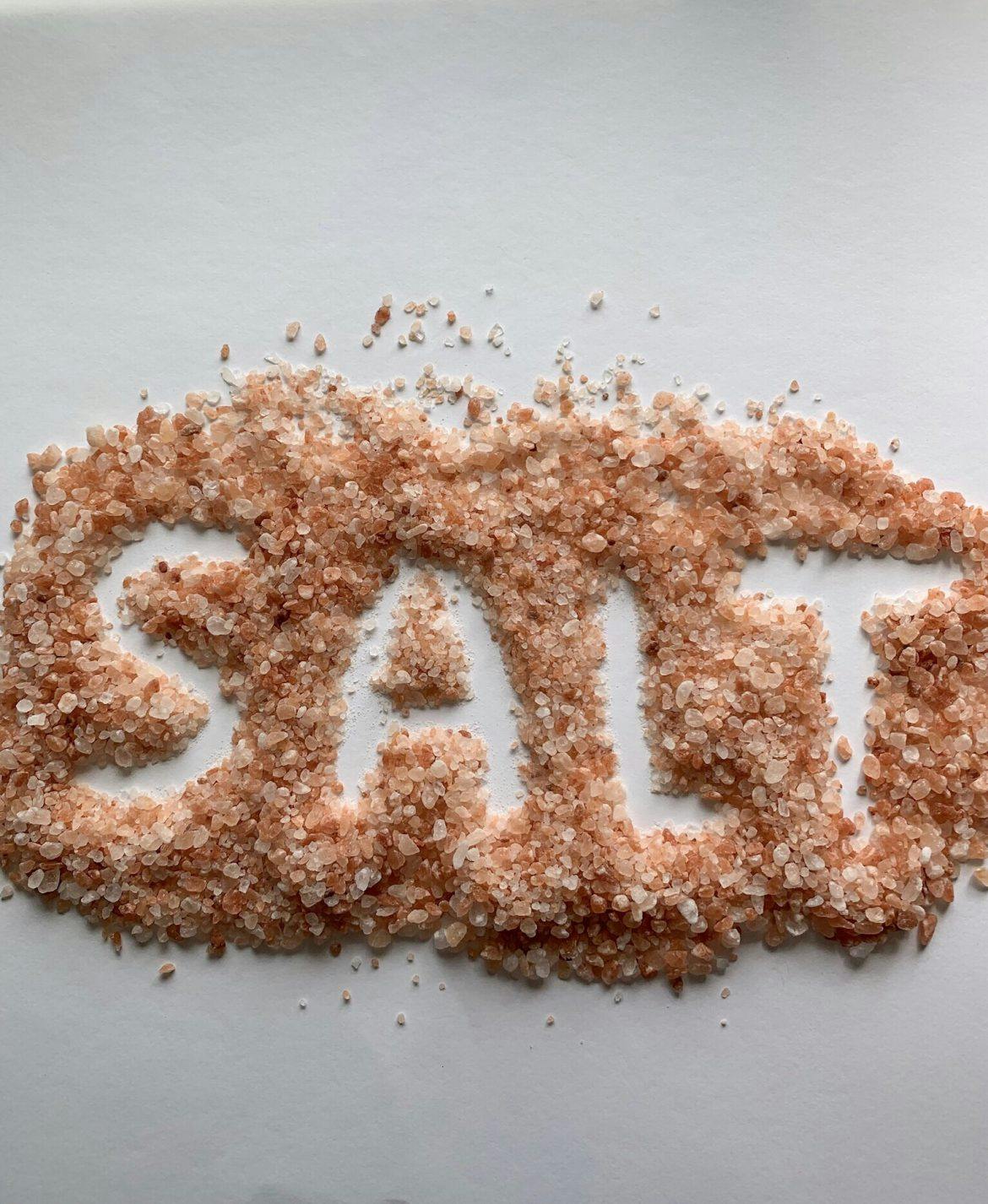
It's Ok To Eat Salt When You're Pregnant
By Danielle McAvoy
July 7, 2021
Danielle McAvoy, Territory’s Senior Manager of Nutrition, offers some salty advice for prenatal nutrition.
Finding out you’re pregnant is an exciting moment, but sharing the happy news can bring an onslaught of advice, especially about what you should or shouldn’t eat. As well-meaning as the advice may be, it’s not always backed by science. Women are often warned to avoid salt during pregnancy, but the truth is that it’s not something you need to worry about. Salt helps balance the fluid increases that occur during pregnancy.
Women with high blood pressure who closely monitor their salt intake should consult with their doctor before making any changes, but reducing salt intake during pregnancy has not been shown to prevent or treat hypertension. Barring other health issues, there’s no need to cut back on salt during pregnancy.
Salt is made of two essential minerals: sodium and chloride. (Table salt often has iodine added.) Sodium and chloride help balance fluid levels, which rise during pregnancy as a woman’s body produces amniotic fluid and extra blood. Sodium promotes proper muscle and nerve function too. Iodine is critical for the development of a baby’s brain and nervous system, as well as healthy thyroid function. Iodine is also found in fish and dairy products.
Raw salmon lemon salt and pepper on the background of the black stone
Small amounts of sodium occur naturally in meat, seafood, eggs and dairy, but most of the sodium in our diets is added to foods during processing. Even healthy foods like canned beans and vegetables, olives, tomato sauce and dressings can be high in sodium. Anyone eating a balanced diet is unlikely to develop a sodium deficiency. However, low levels of salt can have serious consequences for the baby, including low birth weight, organ underdevelopment and health issues later in life.
The sodium recommendation for pregnant women is the same as for all adults, which is 2300mg per day. This means that unless otherwise instructed by your doctor, you can cross salt off the list of things to worry about.
Popular Posts
Foods to Avoid When Taking GLP-1 Weight Loss Medications
April 25, 2025
Tips for GLP-1 Success: Healthy Habits to Practice on Weight Loss Medication
March 6, 2025
How to Go Gluten-Free: A Beginners Guide to Starting a Gluten-Free Diet
November 21, 2024
A Guide to Snacking on a Gluten-Free Diet
November 12, 2024